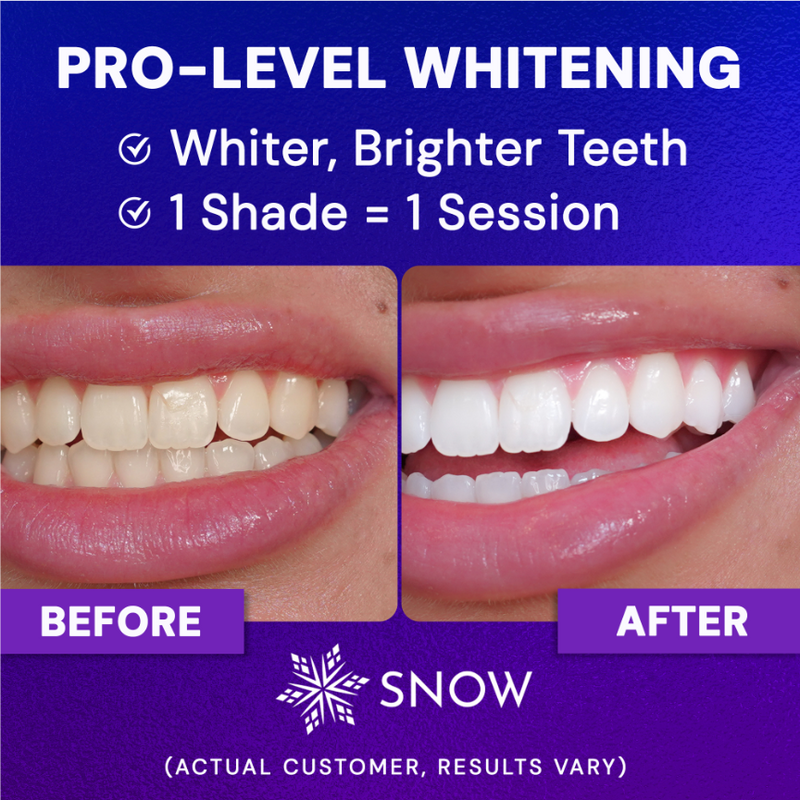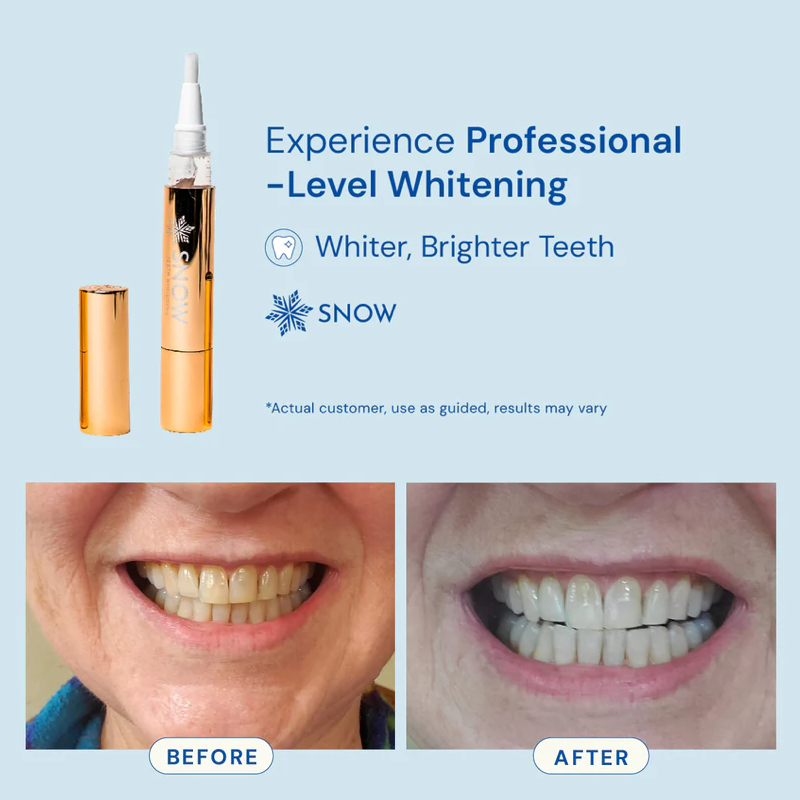Many individuals suffer from an itchy mouth, which is a typical but occasionally worrying symptom. Viral or fungal diseases, food allergies, pollen, latex, medicine, and other allergens can cause an itchy mouth. An itchy mouth is commonly referred to as oral allergy syndrome if an allergic reaction causes it.
While some causes of itching mouth are minor, others can be fatal.
DOES A FOOD ALLERGY ALLERGIC REACTION CAUSE TONGUE ITCHING?
Oral allergies are the most prevalent cause of an itchy tongue. Oral allergy syndrome (AKA pollen-food syndrome) is caused by allergen cross-reactions caused by inhaling pollen or eating raw vegetables, fruits, and some tree nuts.
These foods' proteins are similar to allergenic proteins found in ragweed, pollen, and other frequent allergy triggers. An itchy roof of the mouth or throat, as well as slight swelling of the tongue and lips, are possible oral allergy symptoms.
Since these allergenic proteins can be easily destroyed by heat, people with oral allergy syndrome can eat these foods cooked without experiencing an allergic reaction. If your tongue itches after eating fruits, veggies, or nuts, this is most likely a sign of oral allergy syndrome.
ITCHY MOUTH SYMPTOMS
You may have a variety of oral allergy symptoms with an itchy mouth, depending on the reason, including:
- Itching or crawling feeling in one or both ear canals
- A runny nose
- Sneezing
- A dry cough
- Watery eyes
While itchy mouth symptoms may be modest and never extend beyond the mouth or head, they may potentially suggest a severe allergic reaction.

CAUSES OF ITCHY TONGUE
Apart from a severe food allergy, the majority of reasons for an itchy tongue or mouth are typically connected to particular disorders such as:
SYMPTOMS OF ALLERGIES OR SEVERE ALLERGIC REACTIONS
An itchy tongue after eating or spending time outside might indicate that you were exposed to an allergen to which you are susceptible. Allergies can develop over time and are not necessarily present at birth. Itching may be limited to your mouth or any other region of your body that was exposed to the allergen. In certain circumstances, your entire body may break out in pimples, rashes, or hives. Itching is a common symptom of an allergic reaction.
Treatment
Again, we cannot underscore how critical it is to treat severe oral allergies before it progresses to anaphylaxis and, worse, death. If you fall into anaphylactic shock, someone must give you an Epi-Pen and phone 9-1-1 immediately. However, presuming you've ruled out a significant allergic response or food allergy (with the assistance of your doctor or allergist), you'll most likely want to take an antihistamine to treat oral allergies and receive some relief. Consult your doctor about possible allergy drugs or injections to use as a prophylactic measure.
SYMPTOMS OF HORMONAL CHANGES
You may get an itching sensation when there is swelling in your mouth. Women are more susceptible to hormonal fluctuations, and their gums can show signs of gingivitis. In truth, it is a hormone-induced pseudo(fake) gingivitis that usually resolves following menstruation or pregnancy. Of course, itching is more likely to appear around your gums than it is on your tongue or the roof of your mouth. You may feel "referred" symptoms, such as itching on your tongue, although it is another region of your mouth.
Treatment
Make sure your dental hygiene practice is up to date. Brush your gums gently and floss every day. True gingivitis might take up to two weeks to clear up. Otherwise, your symptoms should improve as your hormone levels settle. Bottom line: Don't blame it on your hormones until you observe a direct association month after month (in other words, consult your doctor!).
BITE OR TONGUE INJURY SYMPTOMS
Vascular tissues abound on your tongue. So, if you accidentally harm it with food or bite down on the side while talking, it's likely to bleed or feel particularly sore. It's normal to have irritation around the wounded spot. The good news is that because your tongue is densely packed with blood vessels,and it may mend fast!
Treatment
Avoid chewing on that side of your mouth. For at least a few days, avoid hard or crunchy meals. If necessary, use anti-inflammatory medicine (such as Motrin). Sucking on an ice chip might also help numb the wounded region.
SYMPTOMS OF DRY MOUTH
Xerostomia (dry mouth) is a common adverse effect of prescription or OTC drugs. It can also be caused by illnesses such as auto-immune disorders, cancer treatment, or saliva gland injury. When your mouth isn't lubricated, it can lead to "burning mouth syndrome," which can cause your tongue or mouth to become irritated. It also increases your chances of developing cavities.
Treatment
To reduce your chances of tooth decay, consult your dentist about saliva replacements and fluoride supplements. Drink water often throughout the day and while eating to minimize tongue pain and make swallowing easier. To encourage saliva production, stick to sugar-free mints or gum.
ORAL THRUSH SIGNS AND SYMPTOMS
Thrush is a yeast infection caused by candida. It is frequent in adults with weakened immune systems or babies. Oral thrush typically has a white covering that peels away, leaving bright red, raw tissue below. Oral thrush can also create crusty or cracked regions around the mouth's corners.
Treatment
If the infection is severe, probiotics and steroids may be required. It is essential to practice good oral hygiene after eating. Clean your infant's mouth after each feeding to avoid milk from accumulating in regions between meals.
LESS COMMON CAUSES
Here are a few less common illnesses that might produce tingling or itching in your mouth.
SYMPTOMS OF CANKER SORES
Aphthous ulcers, often known as canker sores, induce burning and pain within the mouth. However, getting them on top of your tongue is uncommon. Occasionally, you may see them on the sides or beneath your tongue. The itching sensation may only appear a day or two after healing begins.
Treatment
Avoiding acidic foods and aggravating the ulcer with your diet and dental hygiene regimen are also good ideas. Allow the region to heal naturally; it usually takes a few days.
SYMPTOMS OF HERPES OR OTHER VIRAL INFECTIONS
Most people describe a "tingling" sensation that appears a day or two before a cold sore develops. Because cold sores, like chicken pox, are caused by a strain of the herpes simplex virus, you can understand why your mouth may feel a little itchy sensation where cold sores are about to form. Cold sores usually form close to your lips but can also include on your tongue.
Treatment
Cold sores prescriptions for viral or fungal infections can be obtained from a dentist for people with frequent cold sore flare-ups. Alternatively, if you see a dental provider offering laser therapy, try to schedule an appointment on the same day the tingling/burning/itchy sensation appears. Early laser treatment can reduce the duration of a cold sore by half.

ITCHY TONGUE HOME REMEDIES
There are numerous natural home remedies for itchy mouth and tongue:
- Coconut oil contains antiviral and antibacterial properties which can help relieve itchy tongue symptoms.
- Antihistamines sold over the counter can help reduce irritation and swelling.
- Aloe vera can be used to treat burns and scrapes.
- Swelling, itching, and inflammation can be reduced with salt water rinses or gargles.
- Honey may aid in the healing of an itchy or injured tongue.
- Elimination diets, which involve removing foods and gradually reintroducing them, can assist you in determining which foods cause tongue itching.
WHEN THERE IS A TRUE EMERGENCY
If you see any of the following symptoms of severe allergic reactions known as anaphylaxis, go to the emergency department right once or phone 911:
- Having difficulty swallowing and feeling as if there is throat swelling
- Pain in the chest and a feeble pulse
- Breathing difficulties, faintness, or even passing out
WHEN SHOULD YOU SEE A DOCTOR?
Consult a doctor if you suffer any of the following symptoms.
Even if it appears to be a minor reaction at first: This is because it might be the first symptom of sensitization to the item in question, which could worsen the next time you consume it.
Mild allergic reaction that persists: These can impair quality of life and, in the worst-case scenario, become severe.
HOW TO PREVENT ITCHY TONGUE
Prevention is essential in most oral health disorders. If you sometimes suffer from an itchy tongue, keep a close eye on your food and practice good dental hygiene. Even if you brush and floss daily, you may need to clean your tongue thoroughly.
If you look closely, you'll notice that the surface of your tongue is covered in hundreds, if not thousands, of the tiny microscopic papilla. Each of these papillae is a little, fingerlike extension of your tongue. If you don't clean them thoroughly, food debris and germs might become trapped between them, increasing your risk of illness.
So, how should you clean your tongue? With a tongue scraper, not a toothbrush. But be warned: it will blow your mind the first time you use one. Applying firm pressure, draw the scraper from the back of your tongue to the tip. It may take some practice until you don't gag, but it will be well worth it! Then take a look at it...the accumulation you removed will astound you.
Also, avoid using mouthwash that includes alcohol. It might dry up your mouth and aggravate itching symptoms!
CONCLUSION
An itchy tongue can be exasperating if you have oral thrush, food allergies, a fungal infection, dry mouth, cold sores, or trauma. Although uncommon, tingling and itching of the tongue can sometimes be severe and necessitate medical attention.
Home remedies, consulting a professional, and also avoiding some triggers can help you heal your tongue faster and prevent it from recurring.
FAQS
WHAT DOES A CHRONIC ITCHING MOUTH INDICATE?
A chronic itching mouth might indicate oral allergy syndrome or allergy flare-ups. It is frequently caused by food, although it can also be caused by pollen (Pollen food syndrome). If you have asthma or severe food allergies, you may need to carry an EpiPen to treat tongue itchiness and sudden allergic reactions. If your itching mouth persists, consult your healthcare physician.
WHAT FOODS MIGHT CAUSE AN ITCHY MOUTH?
Many foods can cause an itchy mouth. Itchy mouths can be caused by fruits and tree nuts such as apples, peaches, apricots, cherries, plums, pears, and almonds, as well as vegetables such as carrots, celery, coriander, and nuts such as soybeans and peanut butter. Almost any meal, though, can produce an allergic response.
IS IT POSSIBLE FOR ALLERGIES TO CREATE AN ITCHY MOUTH?
After eating raw fruits, nuts, or vegetables, oral allergy syndrome or pollen-food allergy syndrome can produce moderate swelling or itching of the mouth and throat. A throat contact rash causes the symptoms. If you have an itchy mouth, you should consider going to the emergency room. An itchy mouth is sometimes the initial symptom of an allergic response, in which an individual loses the capacity to breathe correctly when their windpipe shuts.
IS IT POSSIBLE FOR A SINUS INFECTION TO CREATE AN ITCHY MOUTH?
A sinus infection doesn't usually cause an itchy mouth. Usually when a wound in the mouth heals, it itches. A sinus infection can produce facial sinus discomfort or pressure, congestion, and even pus leakage from the nose. If you suspect a sinus infection, consult a doctor for a diagnosis.
DO YEAST INFECTIONS INDUCE ITCHING IN THE MOUTH?
Itchy mouth can be caused by a yeast infection. Yeast infections are prevalent in young children whose immune systems have not yet completely matured. Candida infections in the mouth in adults can be an indication of a much more severe illness that causes the immune system to malfunction. You should seek medical care in this circumstance.





































































